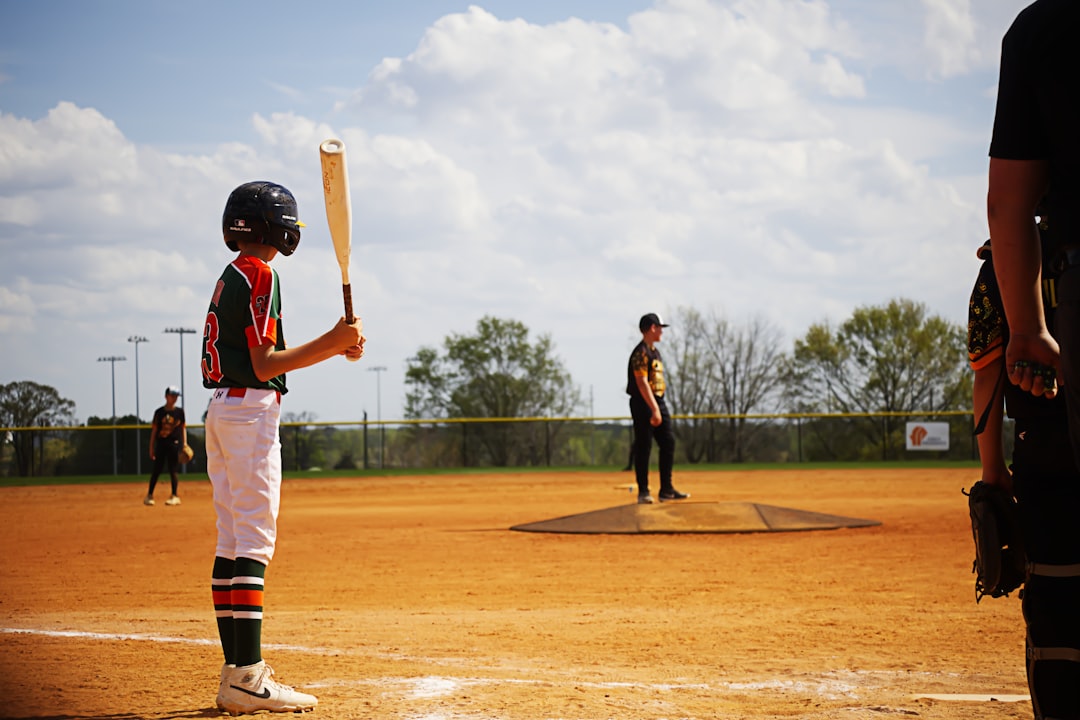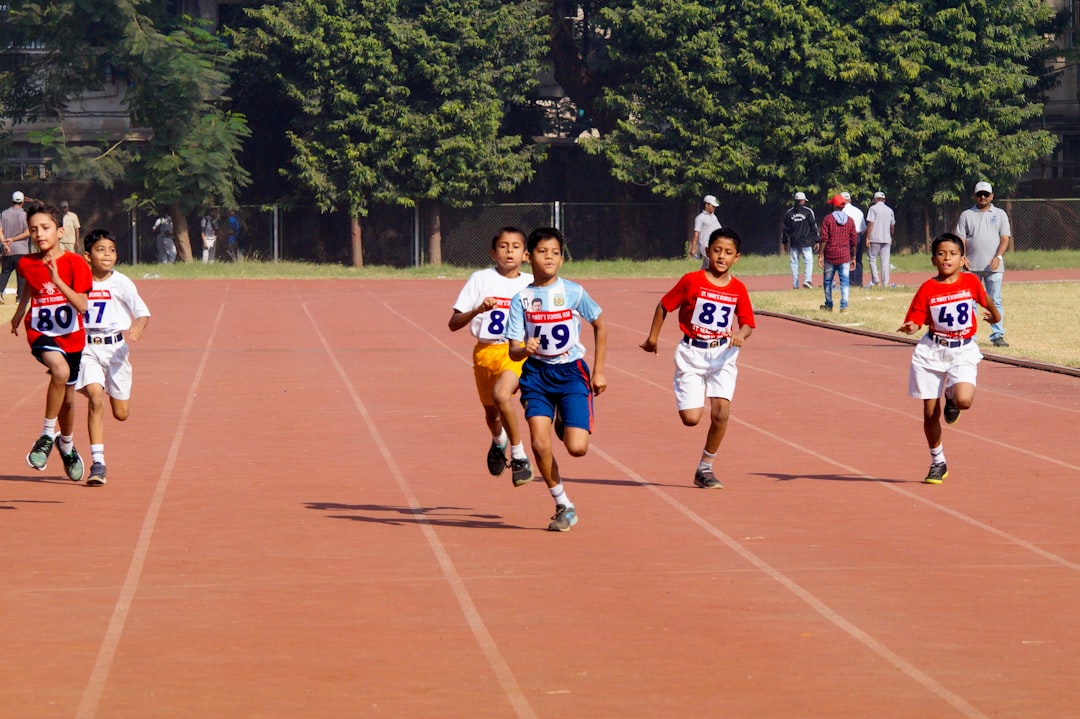Homeschooling has seen a significant rise in popularity over the last few decades, with more families choosing tailored educational experiences over traditional schooling. However, as families embrace alternative forms of education, questions often arise regarding equal access to extracurricular activities, particularly public school sports. One of the most frequently asked questions by homeschooling families is: Can homeschoolers play public school sports? The answer involves a mix of federal guidelines, state laws, school district policies, and athletic association rules.
TLDR (Too long; didn’t read)
Whether homeschoolers can participate in public school sports varies by state and sometimes even by district within a state. Some states have enacted laws known as “Tim Tebow laws” that explicitly allow homeschoolers to compete in public school athletics. Others leave the decision to local school boards or outright prohibit participation. Families interested in involving their homeschool students in public school sports should consult both state legislation and school district policies.
Understanding the Legal Framework
The legality of homeschoolers joining public school sports hinges primarily on state laws and local education policies. There is no federal mandate that governs this issue, leaving each state to craft its own approach. As a result, access to public school sports for homeschoolers varies significantly across the United States.
Some key points to consider:
- State Laws: Many states have created specific legislation outlining whether homeschoolers can join public school extracurricular activities, including sports.
- School District Policies: In states without statewide laws, local school districts have the autonomy to make decisions.
- Athletic Association Rules: High school athletic associations may impose academic eligibility and enrollment requirements that affect homeschooler participation.
States That Allow Homeschoolers to Join Public School Sports
Some states have passed what are often referred to as “Tim Tebow laws,” named after the famous NFL quarterback who was homeschooled in Florida while playing public high school football. These laws allow homeschool students to participate in public interscholastic sports as long as they meet certain academic and behavioral standards.
Examples of states where homeschoolers can usually participate:
- Florida: One of the pioneers in the Tim Tebow law, allowing homeschoolers broad access to public school sports.
- Texas: Recently enacted legislation allowing homeschool students to join UIL athletic programs with some conditions.
- Colorado: Provides equal access for homeschoolers, though students must meet some equivalent academic standards.
- Arizona: Offers homeschoolers full access to sports and other extracurriculars offered by their local public schools.
These states typically require documentation of academic progress and compliance with attendance policies. Some districts also require standardized test results or a portfolio review.

States With Restrictions or Local Control
Other states are less definitive. In these cases, local school boards or school districts have the discretion to permit or restrict homeschooler participation in sports. While this can offer flexibility, it also leads to inconsistent policies and confusion for families who may receive different answers depending on the school.
For example:
- New York: Leaves the decision to individual school districts. Some may allow access, while others do not.
- Pennsylvania: Allows homeschoolers to participate in extracurricular activities, including sports, but they must meet certain criteria outlined by the school district.
- California: Depends largely on how the student is homeschooled—those enrolled through charter or independent study programs may have more access than those under private home-based instruction.
In these states, parents must proactively reach out to school administrators and possibly attend school board meetings to seek permission or clarity.
States That Prohibit Participation
A smaller number of states maintain more restrictive policies, essentially barring homeschoolers from joining public school sports teams. In such states, students must be enrolled full-time in a public school to participate in interscholastic athletics.
Examples of states with strict restrictions:
- Connecticut
- Mississippi
- West Virginia
In these jurisdictions, even high-performing homeschool students are often denied access to public team sports, with school districts citing eligibility rules from state athletic associations as justification.
Requirements for Participation
Even in states where homeschoolers are allowed to participate in public school sports, they must usually fulfill certain eligibility criteria. These requirements are designed to ensure fairness, accountability, and alignment with student-athlete expectations.
Common requirements include:
- Proof of Academic Progress: Submission of grades, test scores, or a portfolio reviewed by an educator.
- Residency: The student must live within the school’s attendance zone or district boundaries.
- Behavioral Standards: Signed agreements or codes of conduct similar to those for public school students.
- Participation Fees: Some public schools charge fees, especially for students not enrolled full-time.
- Medical Clearances: Documentation similar to what enrolled students must provide, such as physical exams and immunization records.
Options for Homeschoolers in Restrictive States
For families in states or districts that do not allow public school sports participation, there are alternative avenues to meet athletic needs:
- Private sports leagues: Local clubs and community centers often offer competitive teams in soccer, basketball, baseball, and more.
- Homeschool sports leagues: Some regions have organized sports programs specifically for homeschoolers.
- Parochial or private school teams: Some private schools accept homeschool students onto their teams, especially if they follow a hybrid educational model.

Debate Surrounding the Issue
The inclusion of homeschoolers in public school sports continues to provoke debate. Proponents argue for equal treatment, especially since homeschoolers’ families pay taxes that fund public school programs. Others raise concerns about fairness, logistics, and the risk of overburdening teams and coaches.
Arguments in favor:
- Equal access to publicly funded extracurriculars
- Improved socialization opportunities for homeschoolers
- Enhancement of physical fitness and teamwork skills
Arguments against:
- Difficulty verifying academic eligibility
- Potential unfair advantages or disadvantages in team dynamics
- Lack of day-to-day interaction with team members and staff
Steps for Interested Parents
For families interested in public school sports access for their homeschoolers, the following steps can set you on the right path:
- Research state laws governing homeschool access to public school extracurriculars.
- Contact your local school district or superintendent’s office to understand local policies.
- Inquire with your state’s athletic association about eligibility rules for homeschoolers.
- Collect and prepare documentation of academic performance, residence, and health clearances.
- Attend a school board meeting or contact school administrators if exceptions or clarifications are necessary.
Conclusion
Whether homeschoolers can play public school sports is ultimately determined by where a family lives and how proactive they are in navigating local systems. While more states are adopting inclusive policies, significant disparities still exist. Understanding your rights and the applicable regulations is key to making informed decisions for your child’s academic and athletic future.
If access is restricted, know that alternative solutions like community leagues and homeschool sports organizations can still provide a fulfilling athletic experience. Homeschooling doesn’t have to mean sacrificing opportunities—especially when parents are informed and engaged in advocating for their children.